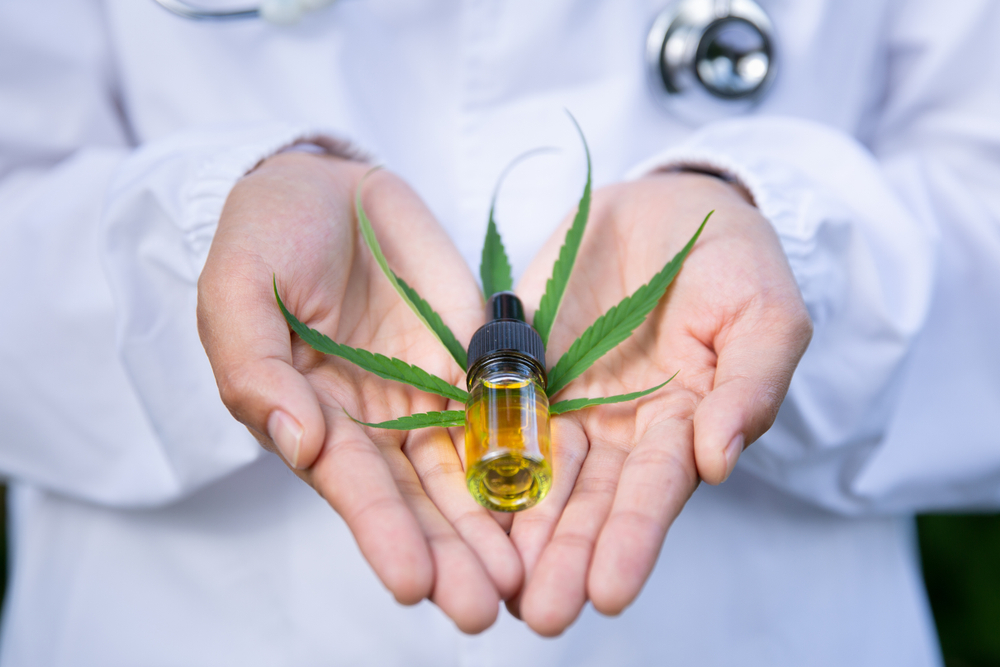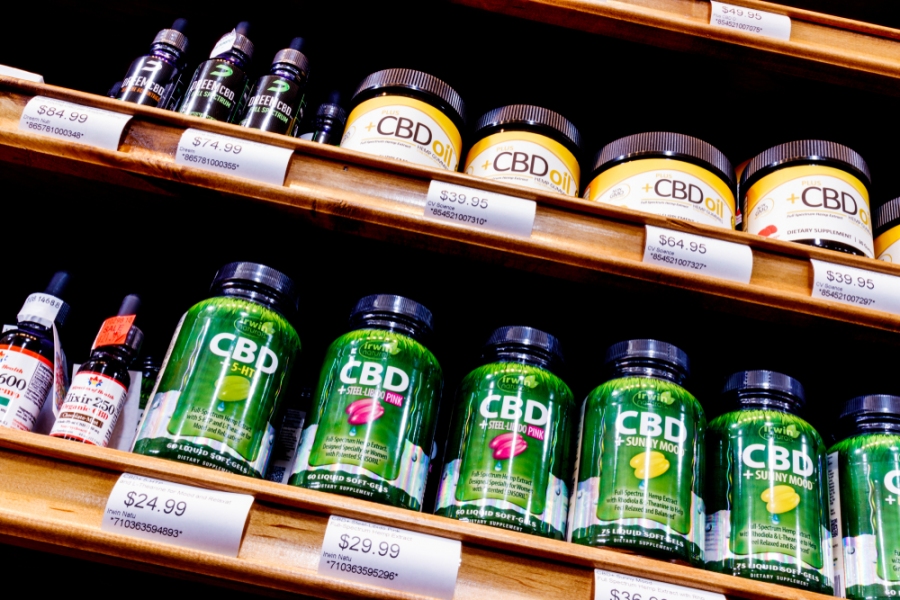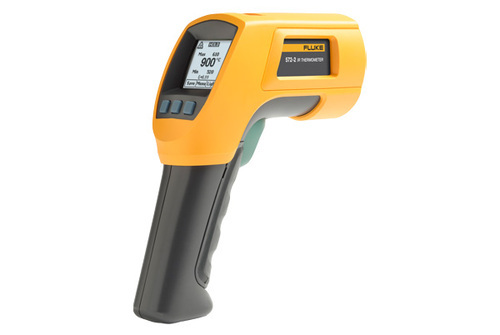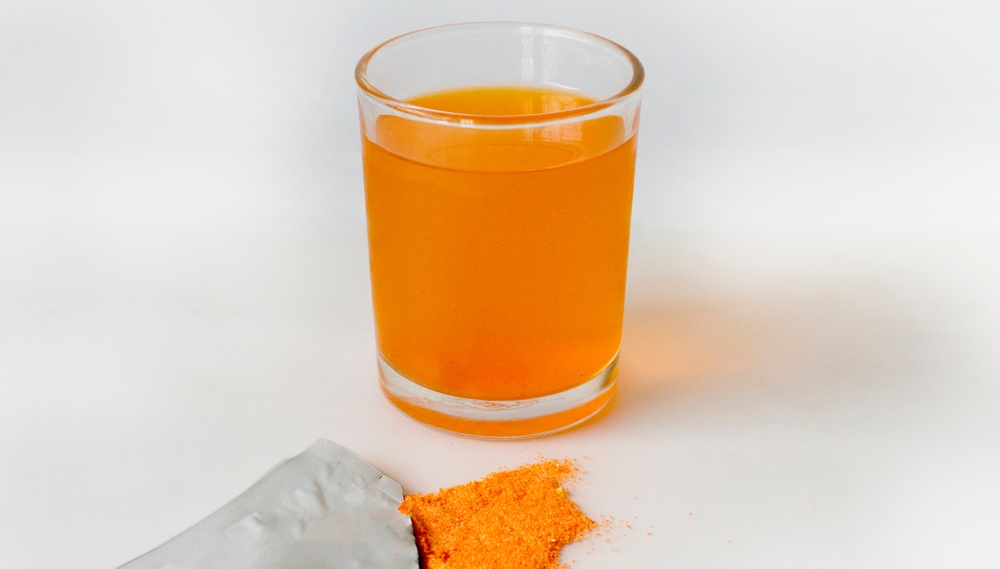11267Views 0Comments

What is CBD?
CBD products are, it seems, everywhere! In the last two years they have become a fixture in health food shops, specialist retailers have sprung up online, curating a selection of the best CBD products, and CBD is even making its way to supermarkets and high street coffee bars. You can choose from CBD oil, vape juice, CBD infused teas and coffees and even CBD edibles.
You might be curious about these products and whether they work and if they can help you. Today we’re taking a look and asking just what is CBD?

What is it Short For?
CBD is a shortening of cannabidiol, and this gives you a clue to where it comes from. Cannabidiol is a cannabinoid – one of the compounds found in the cannabis plant. It’s extracted from the leaves and buds of the plant by drying them and soaking them in oil. This oil can be purified and filtered so only the desired compounds remain, free of the smell and some of the taste people associate with cannabis. It can then be sold as a tincture, processed into e-liquid for electronic cigarettes or incorporated into food and drinks.
Is it Legal?
This is a good question to ask – cannabis is a controlled substance in many countries. In the UK, for example, it is a Class B drug, with possession alone punishable (at least potentially) with imprisonment and a fine. It makes sense to wonder if these products are legal – or, if they, if they’re effective!
Fortunately CBD products are indeed legal for sale. A report by the World Health Organisation declared them to be free of the potential for addiction and abuse, and they aren’t intoxicants or psychoactive, so they don’t affect your judgement. This freed them up for sale, as long as they don’t contain THC, another cannabinoid (tetrahydrocannabinol). THC is the psychoactive component in cannabis, so in the EU there are approved strains of the plant bred for low THC levels, resulting in products that are high in CBD but have no more tan .2% of THC.
How Does it Work?
There are lots of promises about what CBD can do for you, including pain management, mental health effects and more. The extent of its therapeutic powers is still under investigation but the anecdotal evidence is mounting.
CBD can have these effects because it interacts with the body in such a varied way. Some have referred to it as “full-body massage at the molecular level”. While it’s unlikely to live up its biggest promises as a natural cure-all, it does interact with your brain in a way that mimics some anti-anxiety and anti-depressant drugs, and appears to function as an anti-inflammatory and neuropathic painkiller, among other things.
As more research emerges, more uses for CBD will be found, but appears to have a bright future ahead as a tool in the kit of anyone interested in wellness!


